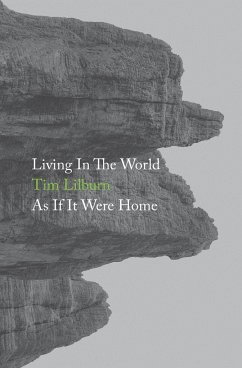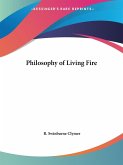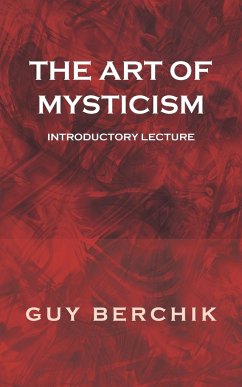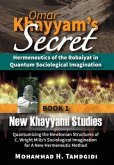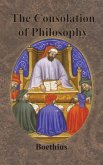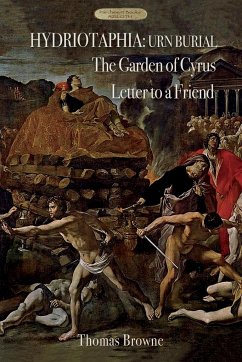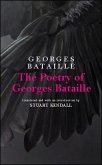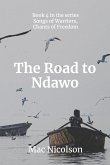'Living In The World As If It Were Home' is a remarkable collection of meditations from one of Canada's finest poets - a truly essential text for students of esoteric thought, natural history and ecological poetry. In these essays Lilburn shares his belief that desire for the world in which we live can lead us to a state of being that he calls the 'chthonic self' - a condition that moves towards resolving our separation from the natural world and its innately mysterious inhabitants. First published in 1999, this prescient text makes a vital philosophical contribution to the contemporary debate about 'rewilding'. 'Consciousness walks across the land bridge of the deer's stare into the world of things. This is knowing. It tastes of sorrow and towering appetite. Their look seems a bestowal; I feel more substantial, less apologetic as a physical thing from having been seen. The traded look goes on in the building dark. There is no intention here, nothing of fairy tale or hagiography, animals lying down with the solitary, animals bearing messages, scrolls caught in the clefts of their hooves. There is only wild seeing, the feel of it unimaginable: I am seen straight through (of that, no doubt) but cannot say how I am seen. Travelling back through the conductor of this gaze, something of me, a slant I'd never guess, enters them. Their look has a particularity, an inexpressibility, so high-pitched it attracts myths. No wonder some say the darkness of the forest is a god.' Lilburn, who spent several years as a Jesuit, explores a rare path of early Christian mysticism known as apophatic theology - the 'negative way'; sharing his belief that a route used to reach the divine can also be used to forge a genuine relationship with nature, which is no less divine than anything alluded to in theological texts. He is concerned with cultivating 'eros' and surrendering to an unceasing longing; it is this longing that may remove our anthropocentric beliefs and bring us closer to a world from which we have become estranged. A quiet path, a path of etiquette, a path of 'seeing'; the landscape of the South Saskatchewan River becomes tinglingly alive, its various histories become presences, its inhabitants - deer, coyote, poplar, river - are mysterious; distant yet offering glimpses through their singular perfections towards a route home; towards our own lost placement in the cosmos. Surrendering to this new way, becoming a disciple of deer, soil, lichen, eventually alters our perceptions, reinvigorating them, stripping away the extraneous so what we are left with is the poverty of a truthful 'seeing', a never-ending longing, and a ceaseless desire that may restore us to a genuine relationship with the world surrounding us, the world which we long to return to as home.
Hinweis: Dieser Artikel kann nur an eine deutsche Lieferadresse ausgeliefert werden.
Hinweis: Dieser Artikel kann nur an eine deutsche Lieferadresse ausgeliefert werden.

